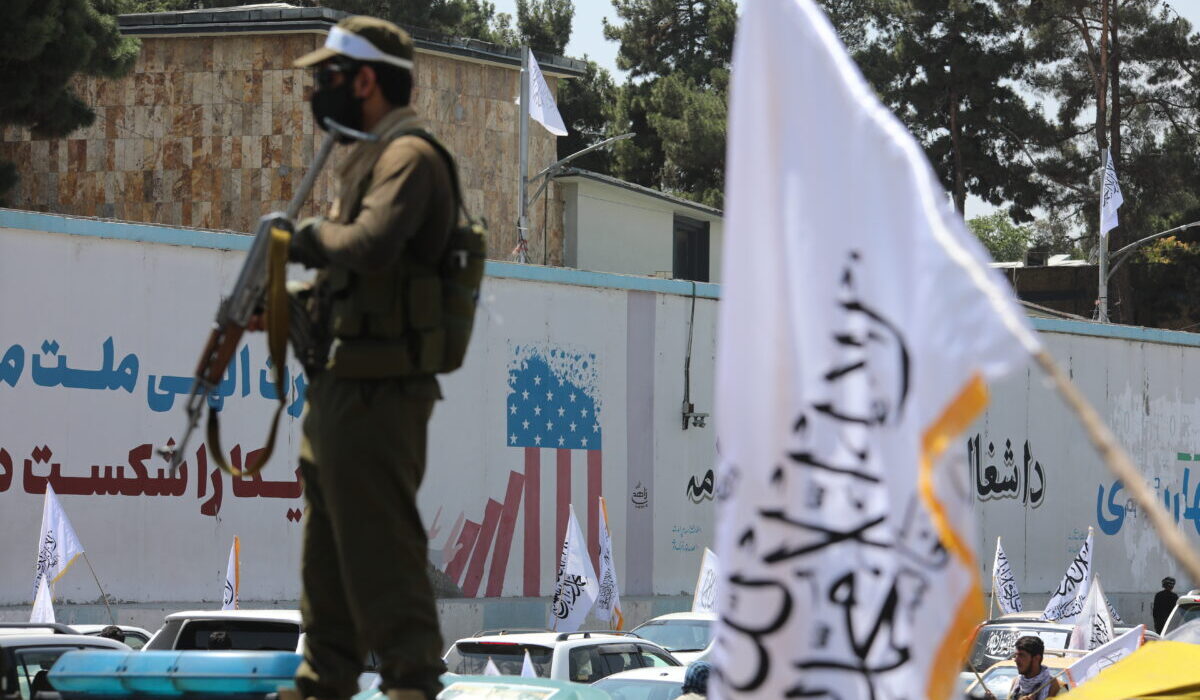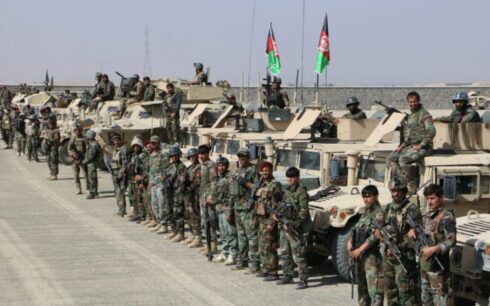MOSCOW — The Collective Security Treaty Organization (CSTO), a Russia-led military alliance of several Central Asian states, has described Afghanistan as a growing source of regional insecurity, citing concerns over terrorism, extremism, and drug trafficking emanating from its territory.
Natalia Kharytonova, spokesperson for the CSTO, said in an interview with the Russian daily Izvestia that threats along Afghanistan’s northern borders have increased, prompting the alliance to consider stronger coordination policies. She also emphasized that reinforcing the Afghanistan-Tajikistan border has become a top strategic priority.
“From the CSTO’s perspective, Afghan territory remains a source of challenges related to terrorism, extremism, and narcotics-related crime,” Kharytonova said.
Concerns among CSTO member states — which include Russia, Kazakhstan, Kyrgyzstan, Tajikistan, Belarus, and Armenia — have intensified in recent months as violence and militant activity along the Afghan border appear to be rising. Security analysts warn that the Taliban’s return to power has allowed several extremist groups to operate more freely in northern and eastern Afghanistan.
Bismillah Taban, a Kabul-based security analyst, said CSTO members are increasingly alarmed by the situation.
“Despite the optimistic tone from some Central Asian governments regarding relations with the Taliban, the security reality is different,” Taban told Amu TV. “Serious threats from Afghanistan are causing deep concern among CSTO members, especially Uzbekistan. That’s why the alliance is strengthening its border security.”
The Islamic State Khorasan Province (ISIS-K) and the Islamic Movement of Uzbekistan (IMU) are among the militant groups cited as top concerns for the alliance. According to Rahmatullah Nabil, former head of Afghanistan’s National Directorate of Security, the IMU remains active in several provinces, including Badakhshan, Takhar, Kunduz, Baghlan, Faryab, Kunar and Sar-e-Pol.
“Based on intelligence estimates, the IMU has between 500 and 800 active members,” Nabil said. “Although weakened by the loss of senior leaders, the group continues to operate in fragmented cells, often under Taliban protection, especially through coordination with the Haqqani network.”
In July 2024, a United Nations Security Council sanctions monitoring report stated that Afghanistan under Taliban control had become a safe haven for groups such as Al Qaeda and ISIS, with the Taliban reportedly maintaining close ties to several of them.
The report estimated that between 20 to 25 terrorist groups, including Al Qaeda, ISIS, and Tehrik-i-Taliban Pakistan (TTP), currently maintain a presence in Afghanistan, fueling international concerns over regional and global security risks.





